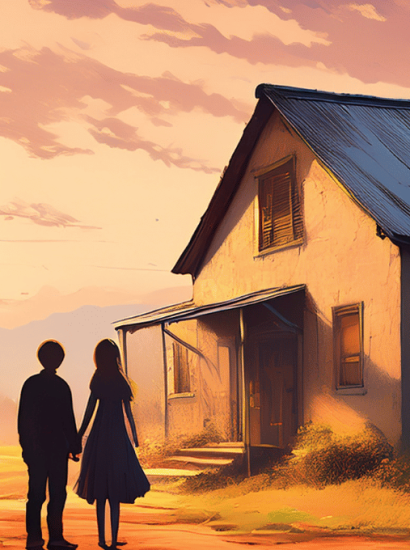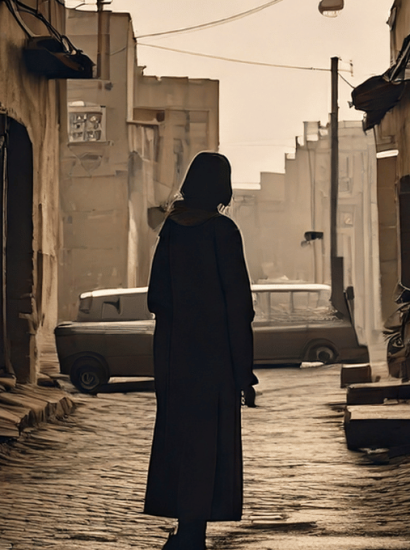This post is also available in: ΕΛΛΗΝΙΚΑ (GREEK) TÜRKÇE (TURKISH)
Twenty years ago, a book called “Not Even My Name” was published. The author, Thea Halo, recorded the story of her mother, who at the age of 10 was uprooted from the Greek villages of Pontus, losing her family members one by one in the death marches in Anatolia, while she herself was saved thanks to an Armenian family in Diyarbakir, after having already gone through hell. At the age of 15, it was arranged that she marry a 45-year-old Assyrian immigrant in America, where she lived until 2014 when she died at the age of 105, having had 10 children. In order to survive, she changed (or was made to change) her Pontic name. Efthymia (Themia) Varytimidou became Sano Halo. This is the event that lies behind the title of the book, and though it may seem trivial among the other shocking and brilliantly described events that take place, it was nevertheless a pivotal moment in her life: Her search for an identity which she had lost in her attempt to survive. Where she came from, what her roots were, her ancestry, the history of her tribe, her language, her name…
Zhina, a girl of Kurdish origin, became Mahsa [Translator’s note: link to an article about the unrest in Iran following the death of 22-year-old Mahsa Amini], in order to survive in Iran without her origin being projected through her name. But she did not survive. She was murdered by the country’s authorities, who put criminal groups in charge of guarding morals.
Two stories that unfold a century apart. But in the struggle for survival, not much has changed. People are forced to disguise their identity, hide their religion, even change their name. Under authoritarian regimes, and even under normal circumstances, people adopt names or accept being called by names other than their own to survive. Cleaning the homes of the western world, working in the fields, tending the farms, taking shifts at the back of bakeries and restaurants, invisibly counting merchandise in warehouses, building towers… Decades ago it was Christos, Nikos, Maroula, who then became Chris, Nick, Mary to go unnoticed and make things easier for others. Now it’s the Asians and Africans who are in the employ of Chris and Nick and answer to names that bear no resemblance to their own. But, what matters is survival. Which is not always guaranteed. But even if achieved, it eliminates a key element of identity. But either way, these days, we don’t think identity is important.
Source: NOT EVEN HER NAME






